Music, Archetype, and the Writer: A Jungian View

Summary
The interaction between the writing process and musical motifs, systems of intensity, patterns of tonality, contrapuntal schemes, and multiple rhythms is obscure but fascinating. For some writers, Knapp tells us, sonorities flow archetypally from the unconscious, producing a nearly endless variety of resonant images and pulsations. Fresh feelings and innovative ideas are born. The creative writer uses to his advantage these paradoxically soundless and immobile rhythms, transliterating them into the written word.
This volume analyzes twelve authors Hoffmann, Balzac, Baudelaire, Tolstoy, Kandinsky, Joyce, Proust, Sartre, Yizhar, Bhasa, Hanqing, and Mishima whose works were influenced and determined by archetypal music. Knapp studies their reactions to personal and transpersonal voices emanating from their collective unconscious, and the manner in which choric and rhythmic sequences were used to heighten their art. The musical archetype governs the attitude and approach of the authors to their literary work and is the prime mover of its pace, pitch, and sequence.
Similar Books
-
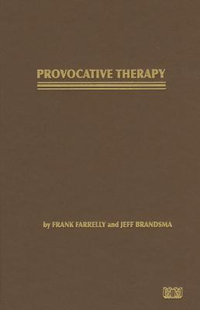 Provocative Therapy
Provocative Therapyby Frank Farrelly
-
 Windows
Windowsby Jean-Bertrand Pontalis
-
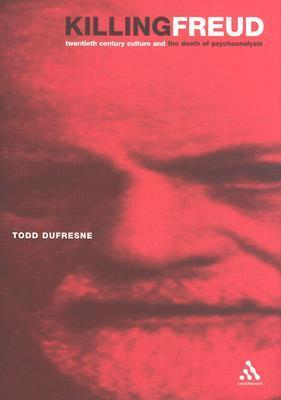
-

-
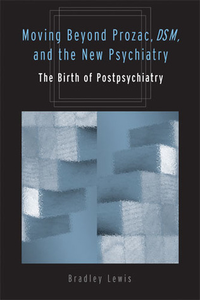
-
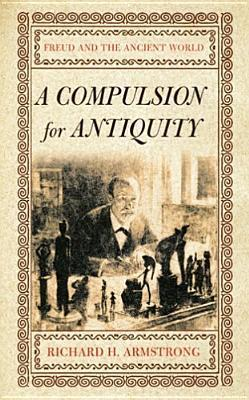 A Compulsion for Antiquity: Freud and the Ancient World
A Compulsion for Antiquity: Freud and the Ancient Worldby Richard H. Armstrong
-
 Culturally Alert Counseling: A Comprehensive Introduction
Culturally Alert Counseling: A Comprehensive Introductionby Garrett McAuliffe
-

-
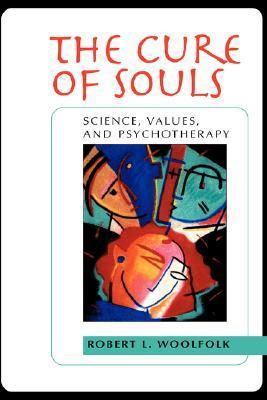 The Cure of Souls: Science, Values, and Psychotherapy
The Cure of Souls: Science, Values, and Psychotherapyby Robert L. Woolfolk
-
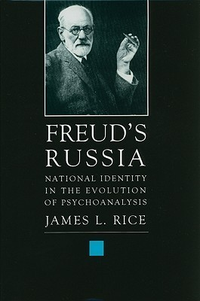 Freud's Russia: National Identity in the Evolution of Psychoanalysis
Freud's Russia: National Identity in the Evolution of Psychoanalysisby James L. Rice
-
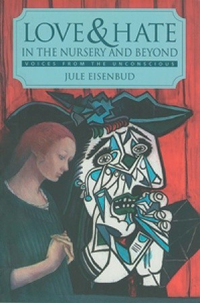 Love and Hate in the Nursery and Beyond: Voices from the Unconscious
Love and Hate in the Nursery and Beyond: Voices from the Unconsciousby Jule Eisenbud
-
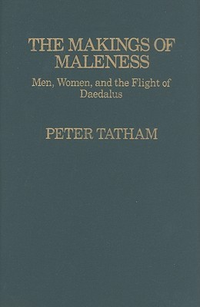 The Makings of Maleness: Men, Women, and the Flight of Daedalus
The Makings of Maleness: Men, Women, and the Flight of Daedalusby Peter Tatham
-

-
 The Annual of Psychoanalysis, V. 32: Psychoanalysis and Women
The Annual of Psychoanalysis, V. 32: Psychoanalysis and Womenby Jerome A. Winer
-
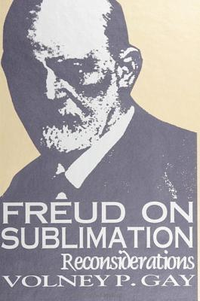 Freud on Sublimation: Reconsiderations
Freud on Sublimation: Reconsiderationsby Volney P. Gay
-
 The Unconscious in Proust's a la Recherche Du Temps Perdu
The Unconscious in Proust's a la Recherche Du Temps Perduby Robin Mackenzie
-
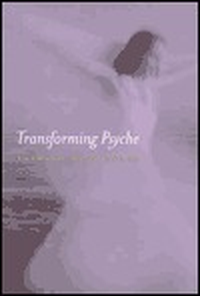 Transforming Psyche
Transforming Psycheby Barbara Weir Huber
-
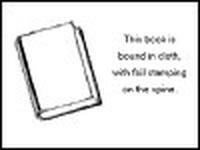 From Fragmentation to Wholeness: The Black South African Family Under Seige
From Fragmentation to Wholeness: The Black South African Family Under Seigeby Keith U.C. Appolis